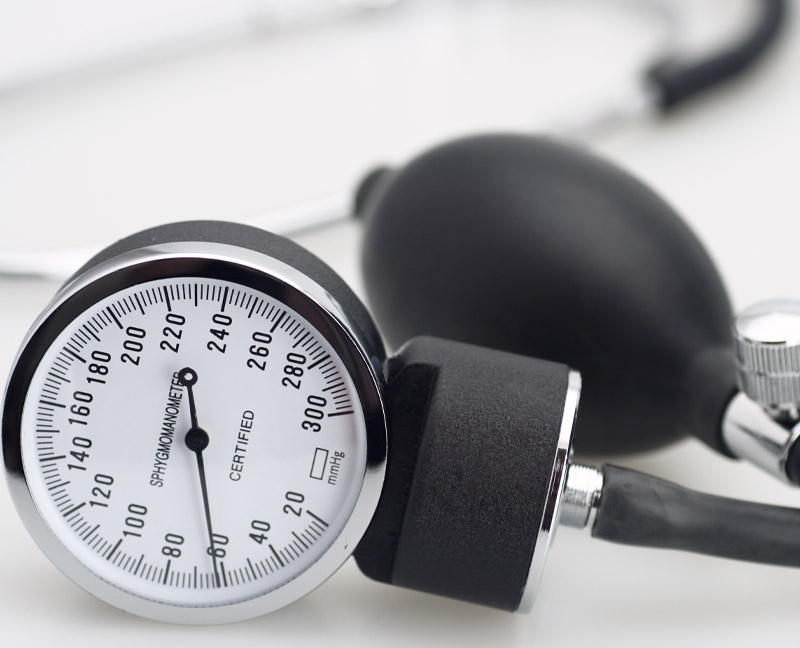The Vital Role of Physician Assistants in Patient Care

Among the many clinical experts who are working tirelessly to care for patients at Shore Medical Center and Shore Physicians Group are Physician Assistants. To help patients further understand the role of a Physician Assistant, we spoke with Julianne Jackson, PA-C who recently joined Shore Physicians Group and is currently treating patients at the SPG location in Mays Landing.
“A Physician Assistant, commonly referred to as a “PA,” is a licensed medical professional that holds an advanced degree and is able to provide direct patient care,” says Jackson. “They are healthcare professionals who work under the supervision of physicians and provide various medical services to patients. The PA training is a graduate-level program that involves rigorous academic coursework and clinical rotations.”
Additionally, PAs need to obtain a license and pass a national certification exam as a Board Certified Physician Assistant to practice as a Physician Assistant. A PA is degree that also allows a practitioner to switch between specialties if needed. Jackson, for example, practiced in Infectious Disease for five years before switching to primary care internal medicine.
In an office setting, the collaboration between a PA and the doctor allows for a team-based approach to patient care, as they meet regularly to discuss patient cases, treatment plans, and progress to ensure effective patient care.
Jackson says, “In some instances, the PA performs initial patient evaluations by taking medical histories, conducting the physical exam and ordering initial sets of labs or diagnostic testing. The PA will gather all essential information and then present it to their supervising/collaborating physician. After that is completed, the doctor and the PA will collaboratively develop a treatment plan utilizing an evidence-based medical approach. Some Physician Assistants will suggest treatment options, provide research-based input and offer their expertise to optimize patient care.”
She continues, “Depending on the specialty and practice the PA is in, they can perform certain medical procedures often on their own but in some instances with the physician present. Examples of procedures they can perform on their own include suturing wounds, applying casts or splints, placement of chest tubes, and intubation. PAs diagnose illnesses based on clinical presentations, and they can order and interpret laboratory tests and X-rays to assist in diagnoses that maybe underlying such as high cholesterol and diabetes. PAs can also prescribe medications that allow for them to develop and manage treatment plans. This goes along with advising patients on preventative care and optimal health practices. Procedures a PA performs with assistance of a physician include assisting in all types of surgeries in many surgical subspecialties.”
Jackson says that PAs are well-trained on patient education, and play a vital role in follow-up care. “PAs will spend time with their patients to help them understand their conditions but also treatment plans and any preventive measures such as diet and exercise necessary to help reduce the patient’s risk of developing or even improving a patient’s medical conditions. They typically ensure that the patient understands their care plans and will provide any additional information or resources the patient may need to be informed.”
Juliane Jackson, PA-C, sees patients ages 16 and older at Shore Physicians Group’s Mays Landing office in the Festival at Hamilton, 4450 East Black Horse Pike. To schedule an appointment or learn more, call 609-365-6217.